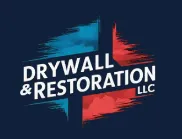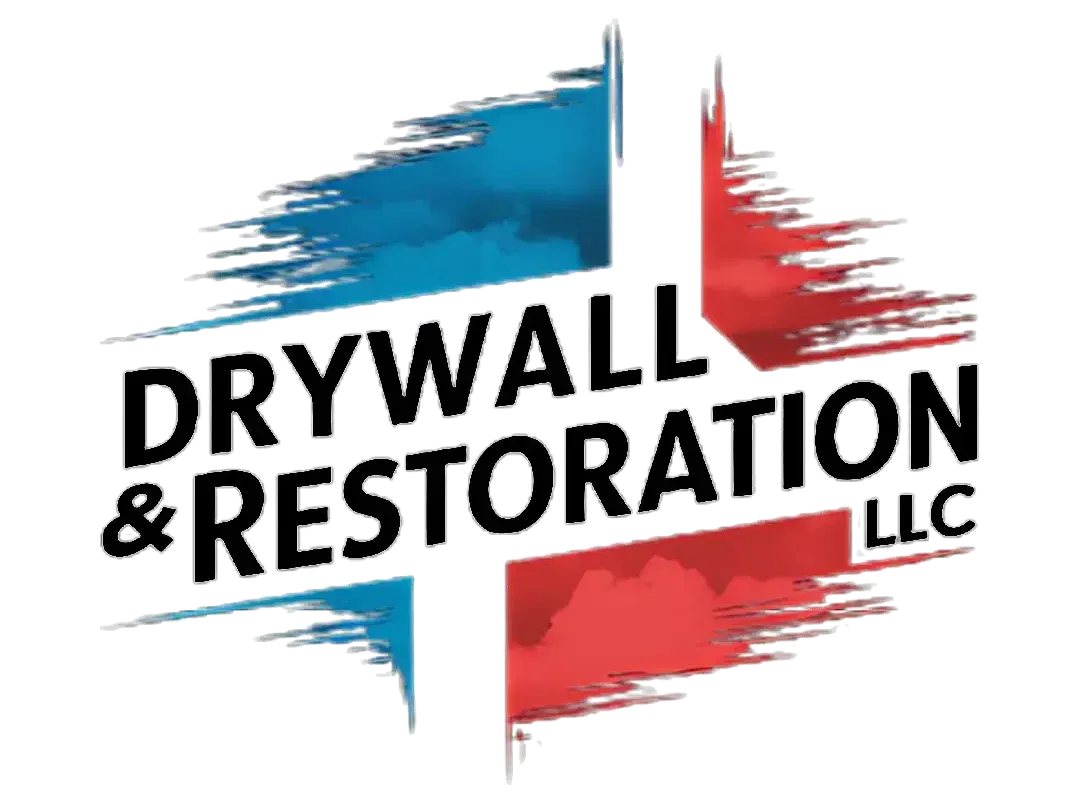Water Damage Repair Experts
Drywall, Water Repair, and Ceiling Solutions
Ensuring your spaces are expertly finished, from drywall installation for water damages to ceiling repairs. Trust our skilled team to deliver precise and reliable services for all your drywall and water damage restoration needs.

Water Damage Repair Experts
Drywall, Water Repair, and Ceiling Solutions
Ensuring your spaces are expertly finished, from drywall installation for water damages to ceiling repairs. Trust our skilled team to deliver precise and reliable services for all your drywall and water damage restoration needs.

ABOUT US
25+ Years of Expertise in Ceilings and Walls Restoration
At Drywall & Restoration LLC, we specialize in drywall water damage repair and ceiling services. With 25 years of experience, we ensure that every project is handled with care and precision. Our valid license, held for the past 20 years, underscores our commitment to professionalism and industry compliance.
Proven Expertise
Customer Satisfaction
Skilled Professionals
Professional Engineers Provide
ABOUT US
25+ Years of Expertise in Ceilings and Walls Restoration
At Drywall & Restoration LLC, we specialize in drywall water damage repair and ceiling services. With 25 years of experience, we ensure that every project is handled with care and precision. Our valid license, held for the past 20 years, underscores our commitment to professionalism and industry compliance.
Proven Expertise
Customer Satisfaction
Skilled Professionals
Professional Engineers Provide
Ready to Transform Your Space?
Ready to Transform Your Space?
Delivering High Quality Water Damage Repair & Ceiling Services

DRYWALL INSTALLATION
Our drywall installation service ensures a solid, smooth foundation for your walls. Whether for new construction or renovation, we guarantee high-quality results.
Smooth Installation
Reliable Craftsmanship
Lasting Durability

CEILINGS & WALLS
Transform your space with our expert ceilings and walls services. Fresh finishes, flawless installation—elevate your home today!
Flawless Finish
Premium Paints
Professional Application

ROOM PAINTING
Transform your interiors with our meticulous room painting services. We handle everything from preparation to the final coat, delivering beautiful, even color every time.
Beautiful Colors
Beautiful Colors
Detail-Oriented

POPCORN REMOVAL
Update your home’s look by removing outdated popcorn ceilings. Our team efficiently removes the texture and finishes with a smooth, modern ceiling.
Modernize Your Space
Efficient Removal
Smooth Ceilings
Delivering High Quality Water Damage Repair & Ceiling Services

DRYWALL INSTALLATION
Our drywall installation service ensures a solid, smooth foundation for your walls. Whether for new construction or renovation, we guarantee high-quality results.
Smooth Installation
Reliable Craftsmanship
Lasting Durability
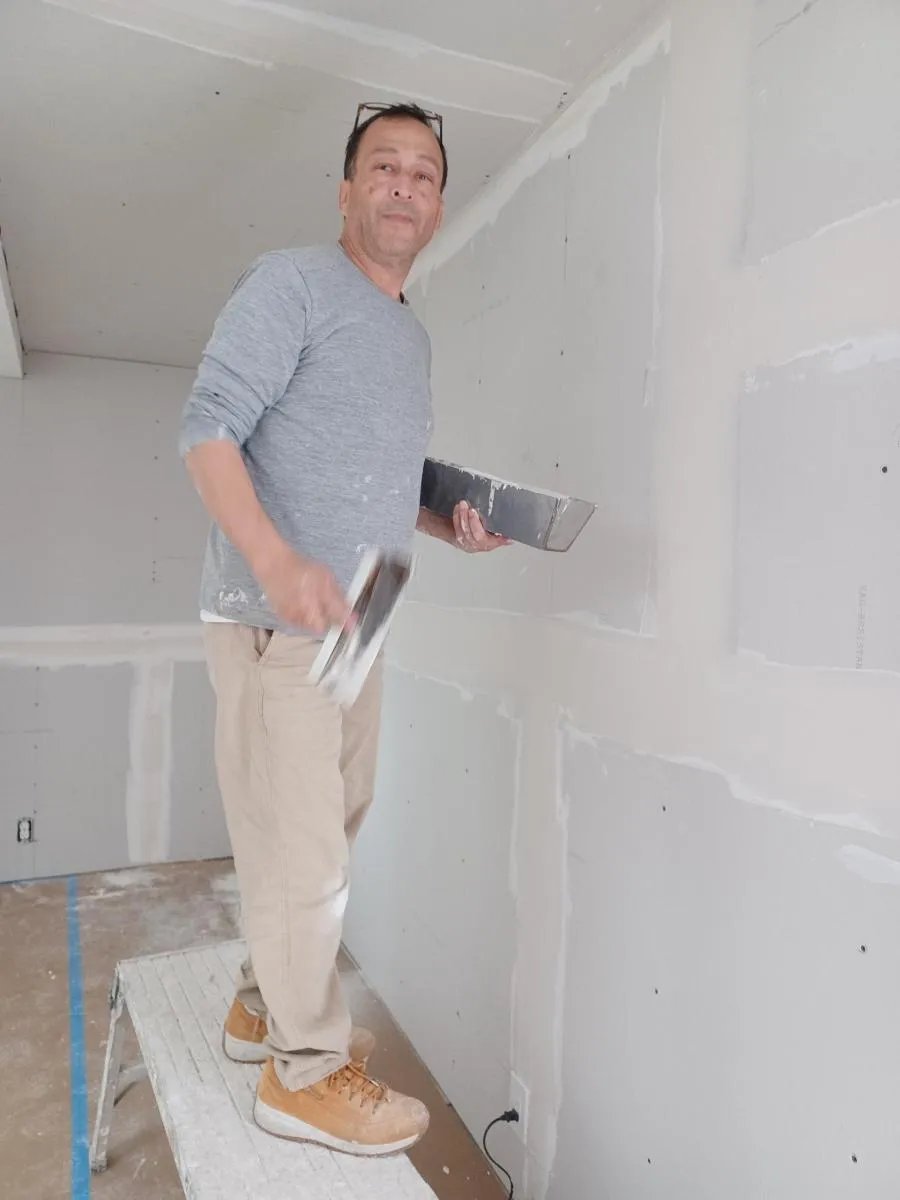
CEILINGS & WALLS
Transform your space with our expert ceilings and walls services. Fresh finishes, flawless installation—elevate your home today!
Flawless Finish
Premium Paints
Professional Application
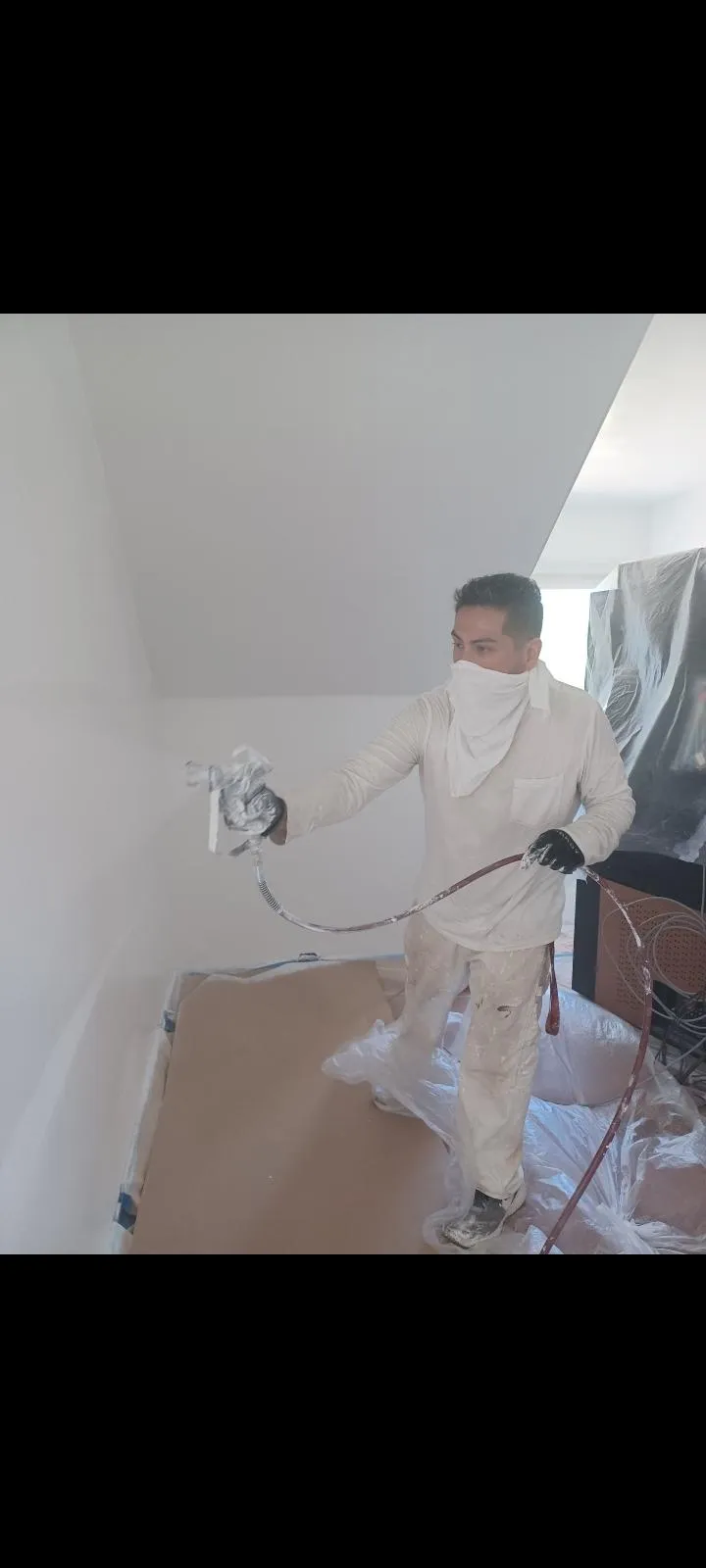
ROOM PAINTING
Transform your interiors with our meticulous room painting services. We handle everything from preparation to the final coat, delivering beautiful, even color every time.
Beautiful Colors
Beautiful Colors
Detail-Oriented

POPCORN REMOVAL
Update your home’s look by removing outdated popcorn ceilings. Our team efficiently removes the texture and finishes with a smooth, modern ceiling.
Modernize Your Space
Efficient Removal
Smooth Ceilings

WHY CHOOSE US
Your Trusted Partner in Ceilings and Walls Repair Services
At Drywall & Restoration LLC, we pride ourselves on delivering exceptional quality and service. Here are a few reasons why our clients choose us.

PREMIUM MATERIALS

CEILING WARRANTY

SKILLED EXPERTS

AWARD WINNING

WHY CHOOSE US
Your Trusted Partner in Ceilings and Walls Repair Services
At Drywall & Restoration LLC, we pride ourselves on delivering exceptional quality and service. Here are a few reasons why our clients choose us.

PREMIUM MATERIALS

CEILING WARRANTY

SKILLED EXPERTS

AWARD WINNING
WHY CHOOSE US
Our Latest Projects
WHY CHOOSE US
Our Latest Projects
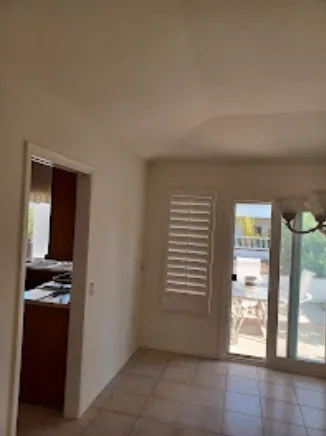
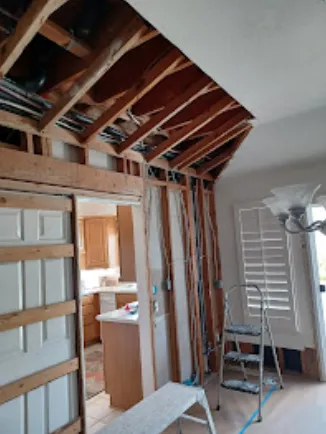
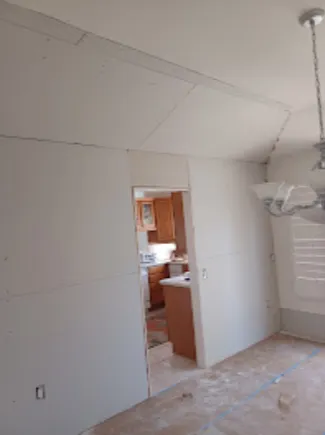
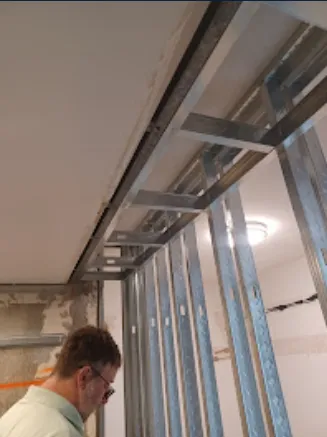
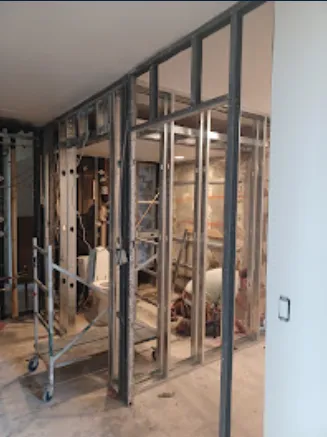
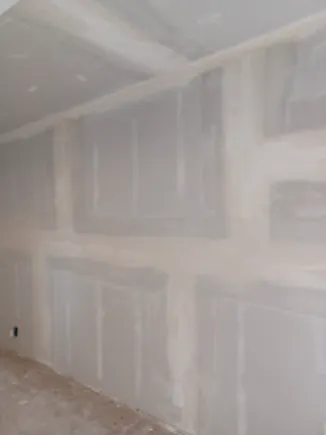
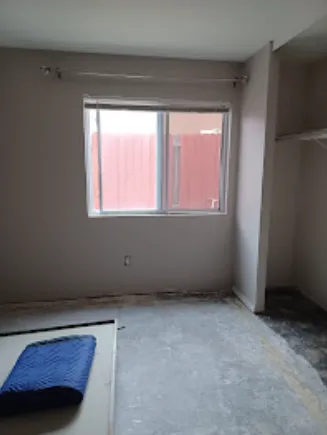







FAQ
Frequently Asked Questions?
What types of drywall services do you offer?
We provide a wide range of drywall services including installation, repair, patching, sanding, and taping & mudding. Our team can handle projects of all sizes, from small repairs to full-scale installations.
Do you offer ceiling services?
Yes, we specialize in both ceiling drywall installation and ceiling painting. Whether you need a new ceiling installed or an existing one repaired and painted, we have you covered.
How long does a typical drywall installation take?
The duration of a drywall installation project depends on the size and scope of the work. For most residential projects, we can complete the job within a few days. We always provide a detailed timeline before starting any work.
Do you offer a warranty on your services?
Yes, we offer a satisfaction guarantee on all our services. We also provide a warranty for our work to ensure you have peace of mind after the job is completed.
How do you ensure the quality of your work?
We use only premium materials and adhere to strict guidelines and processes to ensure high-quality results. Our team of skilled professionals is committed to delivering excellence in every project.

Blogs
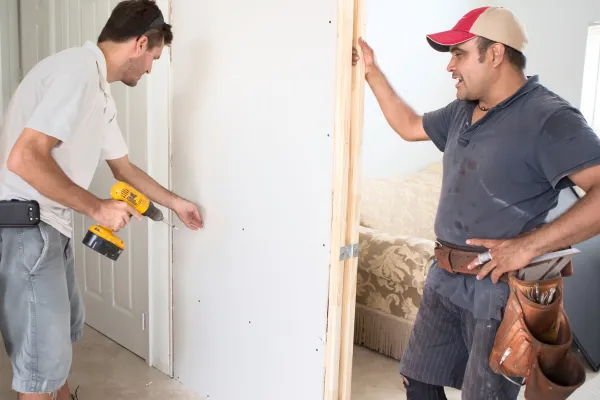
Drywall vs. Plaster: Which is Best for Your Home?
"Choosing between drywall and plaster is about balancing durability, aesthetic, and budget—each offers unique benefits to create the perfect foundation for your home."
When it comes to finishing your walls and ceilings, two materials stand out: drywall and plaster. Both have been used for centuries, but they offer different benefits, challenges, and aesthetic qualities. Choosing between drywall and plaster for your home can be a tough decision, as it depends on your priorities, budget, and the specific needs of your space. In this blog, we’ll break down the key differences between drywall and plaster, helping you make an informed decision about which is best for your home.
What is Drywall?
Drywall, also known as gypsum board or sheetrock, is a modern construction material made of a layer of gypsum sandwiched between two sheets of thick paper. It’s commonly used for creating walls and ceilings in both new construction and renovations. Drywall has become the go-to material in residential and commercial buildings due to its ease of installation, affordability, and versatility.

Pros of Drywall:
Quick Installation: Drywall is much faster to install than plaster, as it comes in large sheets that are simply hung on studs and then taped and mudded.
Cost-Effective: Drywall is typically more affordable than plaster, making it a budget-friendly option for large areas.
Lightweight: Drywall sheets are much lighter than plaster, making them easier to handle and transport.
Easy to Repair: If drywall gets damaged, it’s generally easy to patch up. Small holes can be repaired quickly with joint compound, and large holes can be fixed with new drywall sheets.
Energy-Efficient: Drywall has better insulation properties than plaster, especially when paired with high-quality insulation behind the wall.
Cons of Drywall:
Less Durability: While drywall is durable enough for most home uses, it can be more susceptible to dents, scratches, and water damage than plaster.
Not as Aesthetic: Although drywall can look great when finished properly, it doesn’t offer the same luxurious, high-end feel that plaster does.
Sound Transmission: Drywall doesn’t provide the same level of soundproofing as plaster, which may be an issue in noisy environments.
What is Plaster?
Plaster is a traditional wall finishing material made from a mixture of lime or gypsum, water, and sand. It is applied in layers over a lath (wood or metal strips) or directly over masonry walls. Plaster has been used in construction for centuries, especially in older homes, and is known for its smooth finish, durability, and ability to create intricate details.
Pros of Plaster:
Durability: Plaster walls are extremely durable and can withstand wear and tear better than drywall. They are less prone to denting or cracking and can last for decades if maintained properly.
Aesthetic Appeal: Plaster offers a timeless, elegant appearance. It can be molded and shaped into intricate designs, such as crown molding or textured surfaces, providing a level of artistry that drywall cannot match.
Soundproofing: Plaster is denser than drywall, providing better soundproofing. This makes it an excellent choice for homes in noisy environments or areas where privacy is important.
Moisture Resistance: Plaster is less likely to absorb moisture compared to drywall, which makes it a better option in damp areas such as bathrooms or basements.
Cons of Plaster:
Labor-Intensive Installation: Plaster installation is much more labor-intensive and time-consuming than drywall. Applying multiple layers and allowing them to dry between coats takes time and skill.
Higher Cost: Plaster is more expensive than drywall, both in terms of material costs and labor. The skill required for installation means that plaster tends to come with a higher price tag.
Difficult to Repair: While plaster is durable, repairing it can be a challenge. Cracks, holes, or other damage are harder to fix than drywall, and matching the original finish can be tricky.
Weight: Plaster is significantly heavier than drywall, making it more difficult to transport, handle, and install.
When to Choose Drywall
Drywall is an excellent choice for most modern homes due to its fast installation, affordability, and flexibility. It’s ideal for:
New Construction: Drywall is the preferred material for building new homes because it is faster and cheaper to install than plaster.
Budget-Friendly Projects: If you’re working on a budget, drywall will save you both on material and labor costs.
Areas with Less Wear and Tear: Drywall is a great option for rooms that won’t face a lot of abuse, such as bedrooms, kitchens, and hallways.
DIY Projects: If you’re doing your own home improvement, drywall is much easier to handle and install than plaster.
When to Choose Plaster
Plaster may be the right choice for your home if you value durability, high-end finishes, or are restoring a historic property. It’s ideal for:
Historic Homes: If you live in an older home with plaster walls, it may be worth restoring rather than replacing the plaster.
Soundproofing: If you need excellent soundproofing, such as in a home theater or in shared living spaces, plaster will provide better results.
High-End Aesthetic: For a luxurious, elegant look, plaster can create beautiful custom details like crown molding, arched windows, and smooth, seamless surfaces.
Damp Areas: Plaster performs better in moist conditions, such as basements or bathrooms, where drywall may be more prone to water damage.
Final Thoughts
When choosing between drywall and plaster, it ultimately comes down to your home’s needs, budget, and aesthetic preferences. Drywall is the modern, affordable option for quick installations and large projects, while plaster offers timeless beauty, durability, and superior soundproofing for those willing to invest more time and money.
Consider the type of space you’re working with, how much wear and tear the walls will endure, and the overall look you want to achieve when making your decision. Whether you choose drywall or plaster, both materials can create stunning walls and ceilings with the right installation and care.
